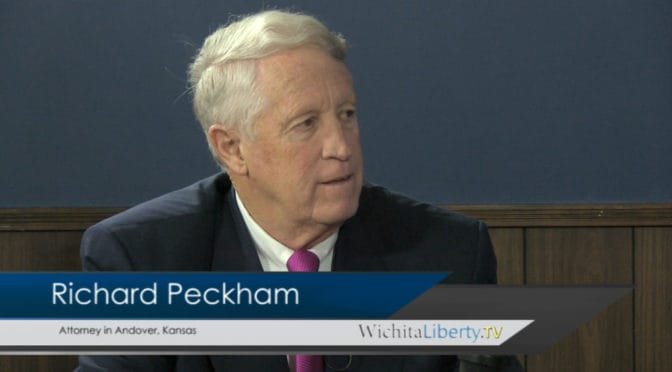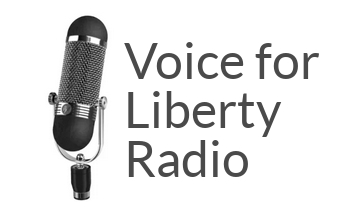(Unlocked gift link included)
One-sentence summary:
Former federal judge J. Michael Luttig argues that President Trump’s escalating attacks on the judiciary threaten constitutional democracy and will ultimately be rebuffed by the courts, which remain the final arbiters of the law.
In this opinion piece, J. Michael Luttig, a former federal appeals court judge, warns that President Donald Trump’s ongoing assault on the federal judiciary poses a grave constitutional threat and risks plunging the nation into a deeper crisis. Luttig details how Trump, having regained the presidency, has resumed and intensified his long-standing hostility toward the rule of law, the legal profession, and the courts. Trump views the justice system as a partisan instrument used against him, particularly due to his prior prosecutions for attempting to overturn the 2020 election and mishandling classified documents-charges that stalled upon his re-election.
Luttig outlines Trump’s pattern of behavior, including attacks on judges, disregard for judicial rulings, and threats to impeach judges who rule against his administration. Most recently, Trump demanded the impeachment of Judge James E. Boasberg for pausing the deportation of over 200 Venezuelan migrants under the Alien Enemies Act without first holding hearings. The judge sought to ensure due process, prompting Trump to lash out with personal attacks and constitutional overreach.
Chief Justice John Roberts responded with a rare public statement affirming that impeachment is not a valid response to judicial disagreement, reinforcing the judiciary’s constitutional role. Luttig underscores that Trump’s efforts to undermine judicial independence mirror the tyranny Americans rejected during the Revolutionary War. He stresses that courts-not presidents-determine the law, citing Chief Justice John Marshall’s landmark assertion in Marbury v. Madison.
The piece concludes that should Trump persist in his efforts to override judicial authority, the Supreme Court and the American people must step in to defend constitutional governance. Luttig suggests that Trump’s war on the judiciary, if continued, could severely damage his presidency and legacy.
Luttig, J. Michael. “Opinion | Trump Won’t Win a War Against the Courts.” The New York Times, 23 Mar. 2025. www.nytimes.com/2025/03/23/opinion/trump-judge-venezuela-deportation.html.
Unlocked gift link:
https://www.nytimes.com/2025/03/23/opinion/trump-judge-venezuela-deportation.html?unlocked_article_code=1.6E4.zX7_.mKNaMjQ4fCr2&smid=url-share
Key takeaways:
- Trump is escalating attacks on the federal judiciary, threatening constitutional stability.
- He has attempted to punish judges and legal actors who oppose him, including calling for the impeachment of Judge Boasberg.
- The judiciary, led by Chief Justice Roberts, has pushed back against Trump’s constitutional overreach.
- Luttig draws parallels between Trump’s behavior and monarchical tyranny rejected by the Founders.
- The courts retain the final constitutional authority and will resist executive encroachment.
- Trump’s continued defiance could cripple his presidency and further erode democratic norms.
Important quotations:
- “He has provoked a constitutional crisis with his stunning frontal assault on the third branch of government.”
- “Impeachment is not an appropriate response to disagreement concerning a judicial decision.” – Chief Justice John Roberts
- “The president wants to assume the role of judge.”
- “It is emphatically the province and duty of the judicial department to say what the law is.” – Chief Justice John Marshall
- “In America the law is king.” – Thomas Paine, Common Sense
- “A prince, whose character is thus marked by every act which may define a tyrant, is unfit to be the ruler of a free people.” – Declaration of Independence
Word count of summary: 603
Word count of original article: 1,545
Model version: GPT-4
Custom GPT name: Summarizer 2





